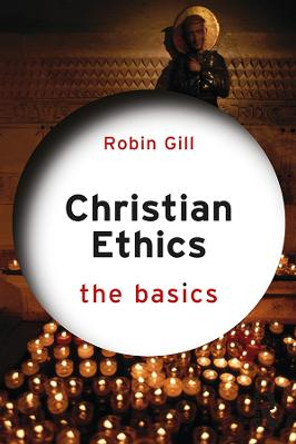Robin Gill argues that once moral communities (such as churchgoers) take centre stage in ethics - as they do in virtue ethics - then there should be a greater interest in sociological evidence about these communities. This book, first published in 1999, examines evidence gathered from social attitude surveys about church communities, in particular their views on faith, moral order and love. It shows that churchgoers are distinctive in their attitudes and behaviour. Some of their attitudes change over time, and there are a number of obvious moral disagreements between different groups of churchgoers. Nonetheless, there are broad patterns of Christian beliefs, teleology and altruism which distinguish churchgoers as a whole from non-churchgoers. However, the values, virtues, moral attitudes and behaviour of churchgoers are shared by many other people as well. The distinctiveness of church communities in the modern world is thus real but relative, and is crucial for the task of Christian ethics.
Examines social survey results to show that churchgoers have distinctive attitudes, beliefs and behaviour.Reviews'Churchgoing and Christian Ethics is both original and elegant in its argument.' Journal of Religion
'Gill's challenge to vague and idealized accounts of Christian communities, driven by theological presuppositions, is very welcome ...'. Scottish Journal of Theology
Book InformationISBN 9780521578288
Author Robin GillFormat Paperback
Page Count 292
Imprint Cambridge University PressPublisher Cambridge University Press
Weight(grams) 370g
Dimensions(mm) 216mm * 140mm * 17mm







